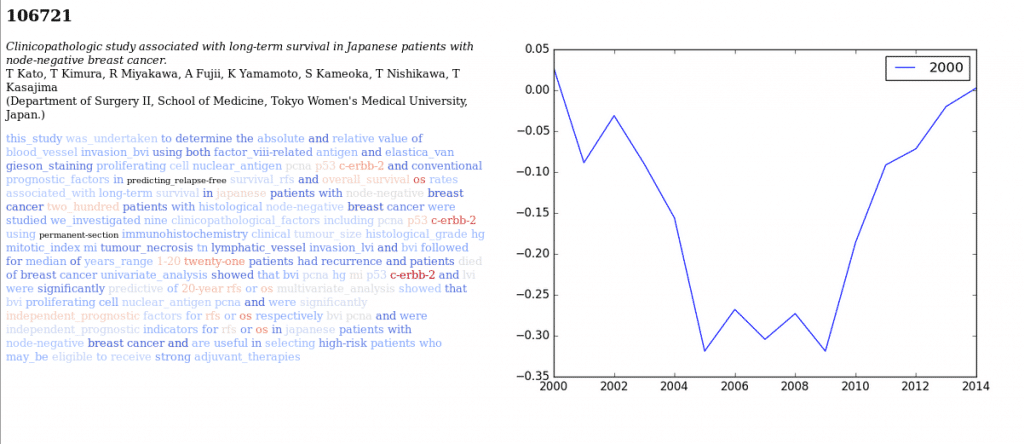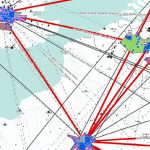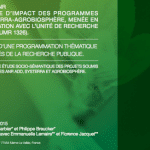Research is evolving at an ever faster pace. Cancer research is paramount among fields that have, in the last few decades, displayed an accelerated and complex dynamics involving new techniques, new targets, and a long sequence of entirely new subfields fuelled by massive investment and high hopes of new treatments from innovative approaches. Genetics, viral therapy, immunotherapy; biologists, nurses, physicians; universities, pharma companies, dedicated foundations; those are only a few of the actors involved. It quickly becomes quite hard for studies of science to grasp what is going on, when and where do practices start and disseminate, decisions get made, and under whose influence.
We are working to deploy an approach that links digital archives and new computational tools to qualitative and historical investigation of oncology’s emergence and development. We will trace research teams and collaboration networks, investigative and clinical technologies, the myriad recombinant elements under investigation — tissues, cells, genes, proteins, biomarkers — and the changing landscape of institutions that hosts them.
To provide us with insight, these traces will then be analysed through natural language processing, machine learning, network analysis and probabilistic modeling. Together, these tools and data will allow us unprecedented, integrative insight into how oncology “thinks”, how it followed its particular path of innovation, and the possible consequences of that path for biomedical research and human health.
You can get up to date information and even join the project through our open lab notebook at Wikiversity.









